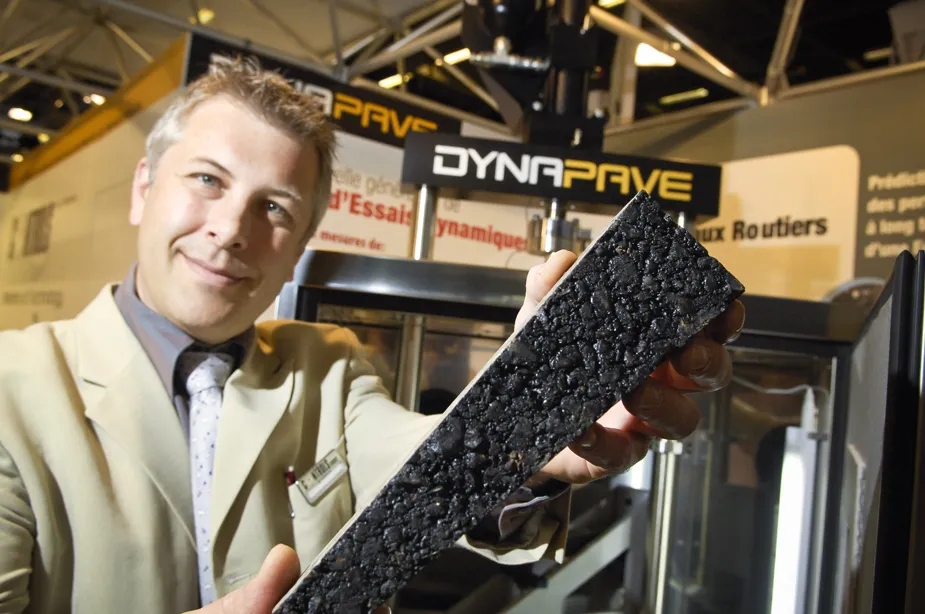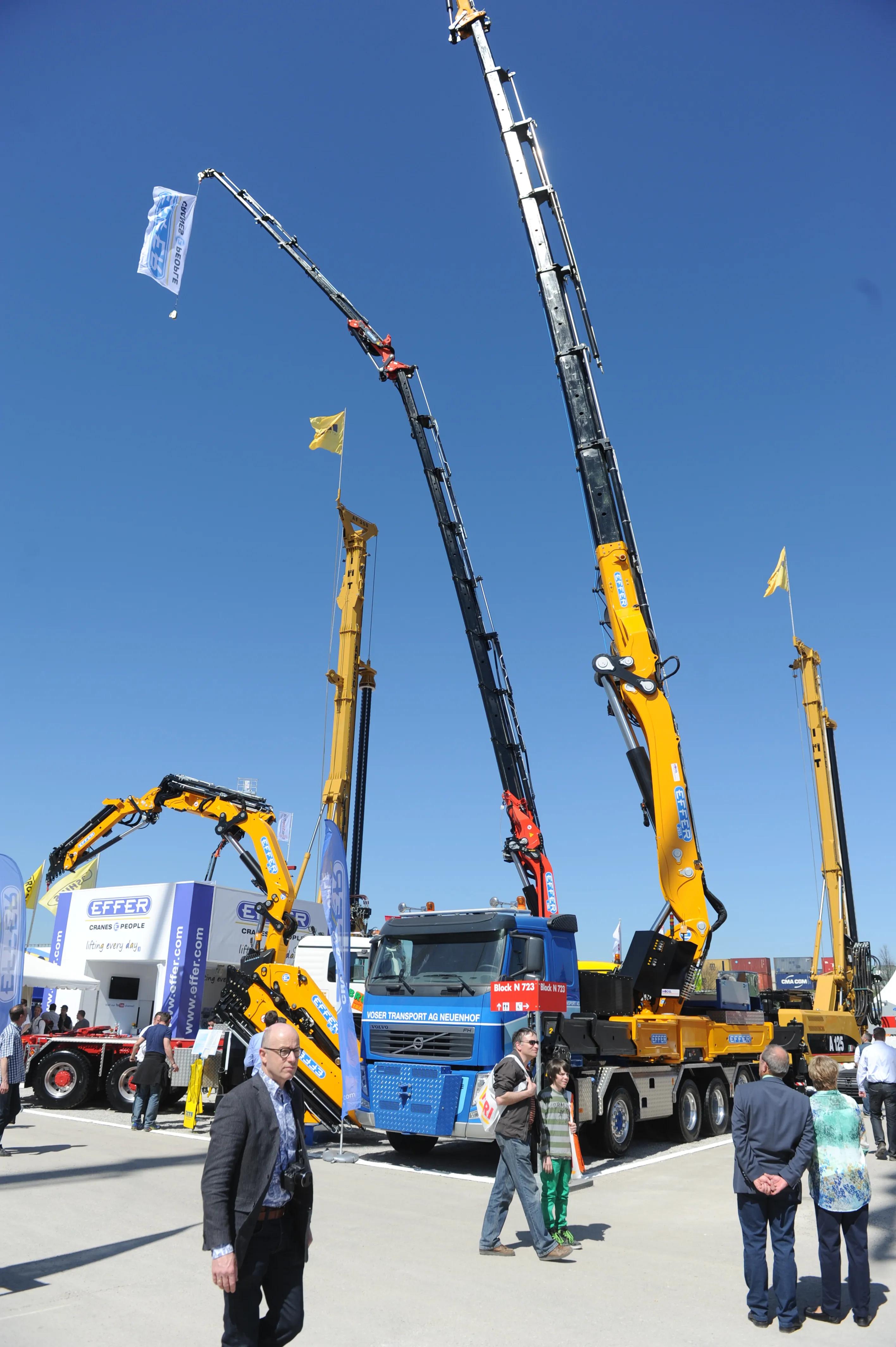Scientists at MIT - the Massachusetts Institute of Technology, in the United States - have reportedly developed a type of concrete that may be stronger and more durable than traditional cement.
According to the MIT News, a paper recently published in the journal Construction and Building Materials, scientists compared cement paste with the structure of natural materials including bones, shells and sea sponges. These are exceptionally strong because of the way they are arranged at both the microscopic lev
June 6, 2016
Read time: 2 mins
Scientists at MIT - the 4005 Massachusetts Institute of Technology, in the United States - have reportedly developed a type of concrete that may be stronger and more durable than traditional cement.
According to the MIT News, a paper recently published in the journal Construction and Building Materials, scientists compared cement paste with the structure of natural materials including bones, shells and sea sponges. These are exceptionally strong because of the way they are arranged at both the microscopic level as well as the macro - visual - level.
Nacre, which lines the inside of mollusks, has a brick-like arrangement of minerals that creates a strong bond between layers, according to the report.
Lead researcher professor Oral Buyukozturk, in MIT’s Department of Civil and Environmental Engineering, said buildings and bridges could be made to last longer by mimicking natural materials from the bottom up. “The way we tackle this problem is by using a ‘multi-scale’ approach, starting from the nano-level all the way to the macro, trying to come up with innovations in materials that have better properties.”
The strength of Portland concrete – a mixture of crushed rocks held together by cement paste - depends on how many pores are on the inside. Porous concrete is more vulnerable to cracking, and most mixing techniques have little control over the molecular structure of the final mixture.
The structures that make up sea sponges are not random composites, said Buyukozturk. There are layers of silica rods that wrap around each other to produce a structure that is four times stronger than the individual parts.
Co-author of the report, professor Admir Masic, told MIT News that there is a large body of research on materials that mimick nature, part of a field called bio-mimetics, and that cement is a logical step for new applications.
“Hopefully this will lead us to some sort of recipe for more sustainable concrete,” said Buyukozturk. “Typically, buildings and bridges are given a certain design life. Can we extend that design life maybe twice or three times? That’s what we aim for.”
The MIT News report can be found by %$Linker:2 External <?xml version="1.0" encoding="utf-16"?><dictionary /> 0 0 0 oLinkExternal clicking here Visit MIT News report page false http://news.mit.edu/2016/finding-new-formula-for-concrete-0526 false false %>.
According to the MIT News, a paper recently published in the journal Construction and Building Materials, scientists compared cement paste with the structure of natural materials including bones, shells and sea sponges. These are exceptionally strong because of the way they are arranged at both the microscopic level as well as the macro - visual - level.
Nacre, which lines the inside of mollusks, has a brick-like arrangement of minerals that creates a strong bond between layers, according to the report.
Lead researcher professor Oral Buyukozturk, in MIT’s Department of Civil and Environmental Engineering, said buildings and bridges could be made to last longer by mimicking natural materials from the bottom up. “The way we tackle this problem is by using a ‘multi-scale’ approach, starting from the nano-level all the way to the macro, trying to come up with innovations in materials that have better properties.”
The strength of Portland concrete – a mixture of crushed rocks held together by cement paste - depends on how many pores are on the inside. Porous concrete is more vulnerable to cracking, and most mixing techniques have little control over the molecular structure of the final mixture.
The structures that make up sea sponges are not random composites, said Buyukozturk. There are layers of silica rods that wrap around each other to produce a structure that is four times stronger than the individual parts.
Co-author of the report, professor Admir Masic, told MIT News that there is a large body of research on materials that mimick nature, part of a field called bio-mimetics, and that cement is a logical step for new applications.
“Hopefully this will lead us to some sort of recipe for more sustainable concrete,” said Buyukozturk. “Typically, buildings and bridges are given a certain design life. Can we extend that design life maybe twice or three times? That’s what we aim for.”
The MIT News report can be found by %$Linker:







